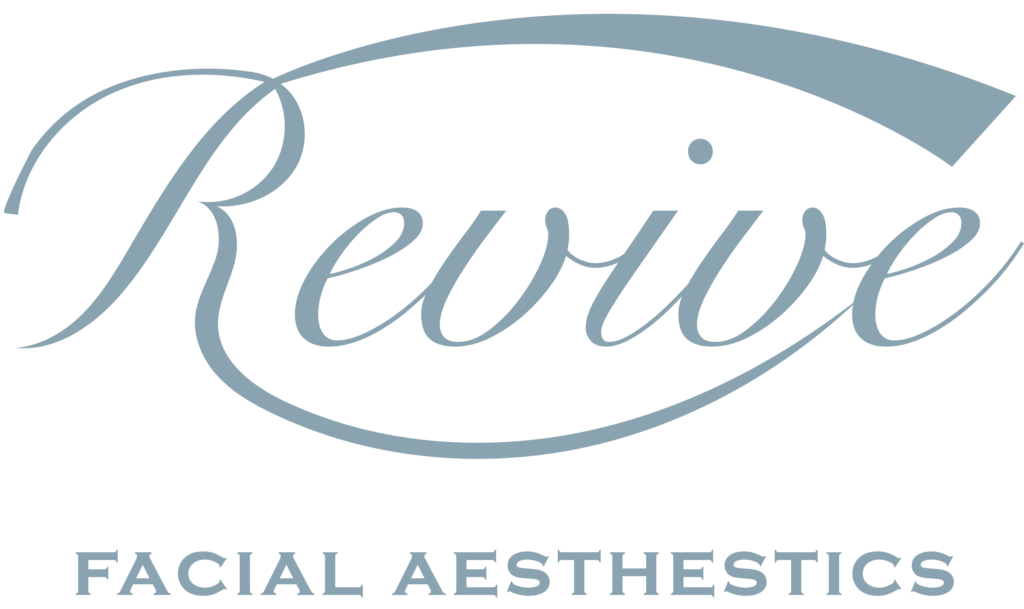Cataract Treatment in Las Vegas, NV
Cataracts are proteins that clump together in eye lenses and weaken vision. Eye lenses are made up of fluids and proteins that allow the natural light to pass through the lens and focus on the retina. As you age, the proteins can start to clump and form cataracts. Most cataracts develop slowly and will eventually affect your vision.
Better lighting and eyeglasses can help you deal with cataracts at first. But if your poorer vision interferes with your usual activities, you might need to have the cataract surgically removed. At Summerlin Vision in Las Vegas, we perform cataract surgeries in a safe, efficient environment using the latest technology.
What Are the Symptoms of a Cataract?
Cataracts are a common byproduct of the eye’s aging process. Eventually, they can cause:
- Blurry, cloudy, blurry, foggy, or hazy vision
- Sensitivity to bright sunlight, headlights, or lamps
- The glare of lights, especially when you drive at night with oncoming headlights.
- Prescription changes in glasses, including sudden short-sightedness.
- Double vision.
- Need for proper lighting to read.
- Poor vision during the night
- Different perception of colors
What Are the Types of Cataract Surgery?
There are two ways of removing cataracts:
- Phacoemulsification Cataract Surgery
Phacoemulsification is the most standard procedure for cataracts. Dr. Civia McCaffrey will make a small opening in the eye to reach the clouded lens. Using high-frequency ultrasound waves or a laser, she will break the lens into pieces. Then the lens fragments are removed from your eye and a new plastic lens is put in its place.
- Extracapsular Cataract Surgery
Extracapsular surgery may be recommended if an advanced cataract might be too thick to break apart easily. In this cataract surgery, the lens is removed in a single piece instead of breaking up the lens and removing it. Then the manufactured lens is inserted into the eye.
What Happens During Cataract Surgery?
Cataract surgery is typically an outpatient procedure and takes only about a couple of hours at the office. Before beginning the surgery, the patient is adequately sedated. Dr. Civia McCaffrey will extract the clouded lens and insert an artificial replacement lens, either a standard monofocal lens or an advanced technology lens, in its place.
No stitches will be made because the incision will naturally heal. The procedure can be accomplished in as little as fifteen minutes. When the procedure is done, you can go home that same day.
How Soon Will Your Vision Improve After Surgery?
After cataract removal, there will be some blurriness for a few days. The vision will improve gradually in a few weeks, but you may still need to wear glasses after cataract surgery. The prescription for your glasses may change, so be prepared to buy a new pair of eyeglasses or contacts.
If you are experiencing any of the symptoms of cataracts, visit us at Summerlin Vision in Las Vegas today or call (702) 243-8788 to schedule a consultation.


